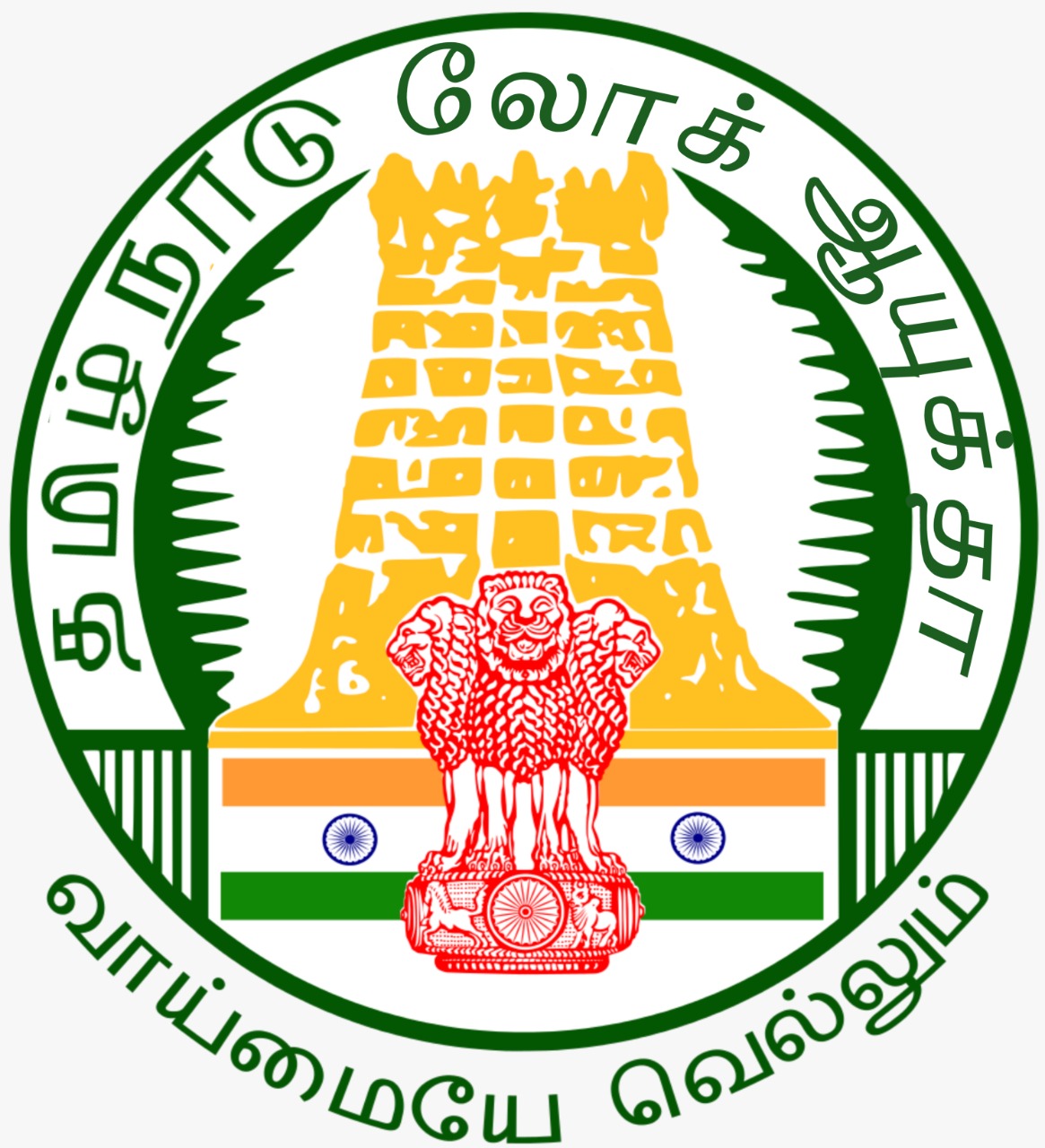HOME
1. ORIGIN:
In 1966, Government of India constituted ‘Administrative Reforms Commission’ (ARC)
under the Chairmanship of Shri Morarji Desai to submit recommendations for setting up of certain
institutions to redress the grievances
of the citizens’ as against the administrative errors and abuses of Government
of India and State Governments, and their Instrumentalities and other
Authorities.
On 20.10.1966, ARC submitted its Report to Smt.
Indira Gandhi, the then Hon’ble Prime Minister of India for the formation of
two Institutions, namely, ‘Lokpal’ and ‘Lokayukta’ to ventilate and redress the
grievances of citizens regarding the administrative faults.
ARC also reported that such institutions should
be independent, impartial and their procedures should be informal in character; they should be
non-political, managed by higher
judicial functionaries; should deal with acts of injustice, corruption,
favouritism as against Executive.
In 2004, United
Nations Organization (U.N.O) passed ‘Convention Against Corruption’. India committed to pursue the Policy of “Zero
Tolerance against Corruption” and ratified the said U.N. Convention.
In this scenario, our Parliament enacted “the Lokpal and Lokayuktas Act, 2013 (Act No. 1 of 2014)”. This Act came into force with effect from 16.01.2014.
2. TAMIL NADU LOKAYUKTA
ACT, 2018 (Act No.33 of 2018):
In compliance with Section 63 of the Lokpal and
Lokayuktas Act, 2013, Tamil Nadu
Legislature has passed the Tamil Nadu Lokayukta Act, 2018.
Rules have also been framed under the said Act. The above Act has come
into force on 13.11.2018 vide G.O.(Ms) No.153, P&AR (N-SPL) Dept,
dated 13.11.2018.
3. STATUS OF TAMIL NADU
LOKAYUKTA:
The Tamil Nadu Lokayukta is an independent
quasi-judicial body constituted under the said Act with the object of inquiring into the allegations of
corruption against certain categories of public servants and matters connected therewith or incidental thereto.
4. COMPOSITION OF
LOKAYUKTA:
Tamil Nadu Lokayukta consists of a Chairman, two Judicial members and two Non-Judicial members.
5. VARIOUS
WINGS OF LOKAYUKTA:
• Judicial Wing :
Headed by a Registrar.
• Administrative Wing :
Headed by a Secretary.
• Inquiry Wing :
Headed by a Director of Inquiry/Superintendent of Police.
6. COMPLAINTS TO
LOKAYUKTA:
A complaint shall be in the form as prescribed in Schedule-V, (Rule 22, Tamil Nadu Lokayukta Rules, 2018) alleging that a public servant has committed an offence punishable under the Prevention of Corruption Act, 1988 as amended by the Central Act No.16 of 2018 (see Section 2(1)(d), Tamil Nadu Lokayukta Act)
7. COMPLAINT AGAINST WHOM:
Complaints can be made as against various categories of public servants mentioned in Section 12 of the Tamil Nadu Lokayukta Act.
8. COMPLAINT NOT
ENTERTAINABLE:
• On matters mentioned under Section 13 of the Tamil Nadu Lokayukta Act.
• Complaints not made within
4 years from the date of commission of the offence (Section 40, Tamil Nadu
Lokayukta Act.)
9. SITTINGS:
Lokayukta shall ordinarily hold its sittings at Chennai. However, in
case of necessity, at such places as may be determined by the Hon’ble Chairman.
10. WORKING HOURS:
Lokayukta will function on all working days from 10 A.M to 5.45 PM with a lunch break of 45 minutes from 1.15 P.M to 2.00 P.M.
11. VACATION:
As per G.O.(Ms.) No.36, P&AR (N-Spl) Department, dated 25.03.2021 summer vacation as declared by the Hon’ble High Court of Madras will be observed as summer vacation for the Tamil Nadu Lokayukta.
